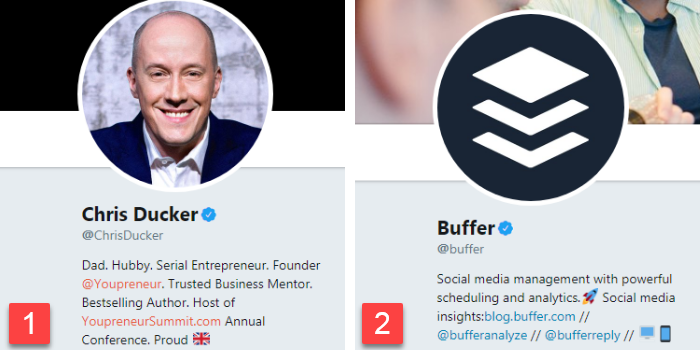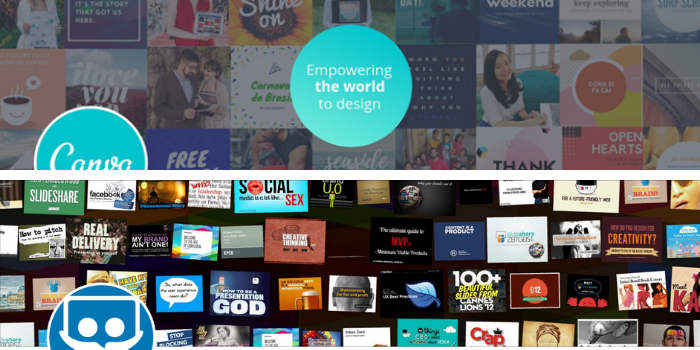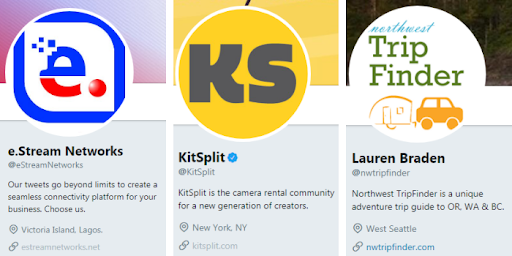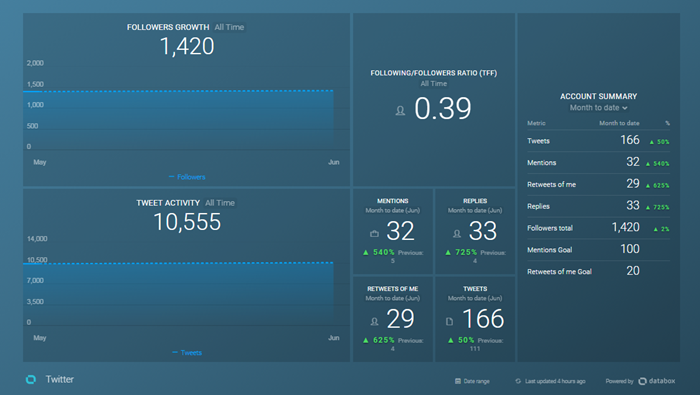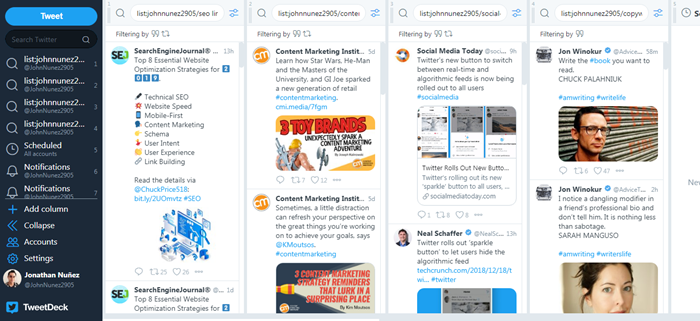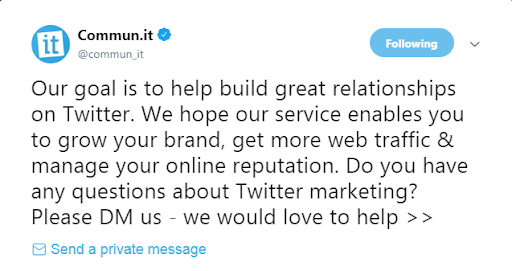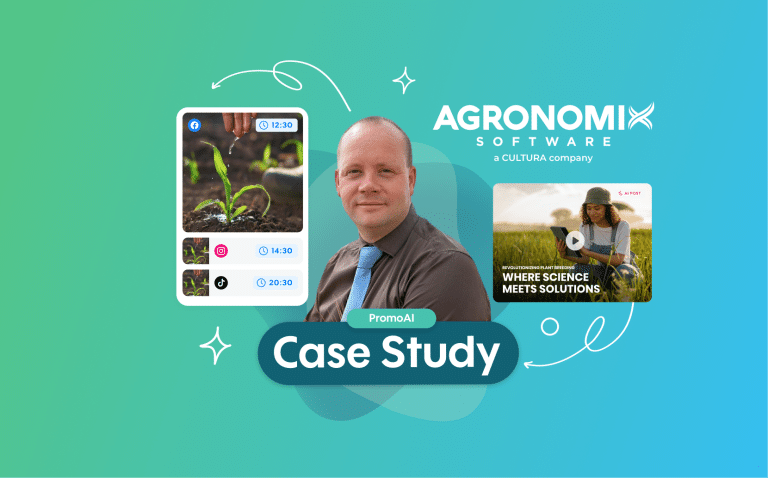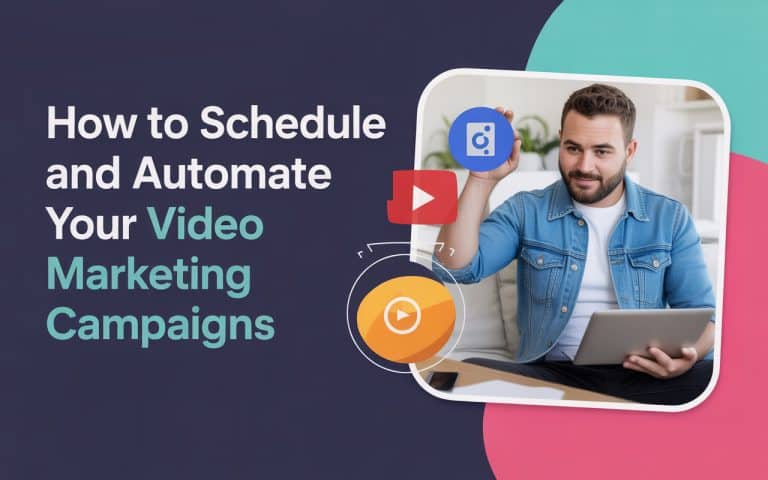
How to Grow on Twitter (A Simple Guide to Focused Growth)
A few years ago, I was watching a YouTube video about list building and as I was sitting on my brown leather chair, I started to think “If only I could do that, I wouldn’t have to struggle so much.”
Five minutes later, the video ends and I close YouTube.
“…what now?”
The video told me what to do but not how to do it so I felt paralyzed, I didn’t know where to begin.
”I’ll do it tomorrow…” I told myself, knowing I probably wouldn’t since I still didn’t know how.
If that’s happened to you, breath in and relax. In this post, you’ll see real examples of businesses that have awesome Twitter profiles you can model today. Then you’ll learn how to grow your Twitter profile in a reliable way to mimic this success.
Let’s get started.
How to set up your profile
There are three main things we should all focus on when creating a new Twitter profile. Our Twitter picture, cover image, and bio. But how many of us really take the time to update our profile to make sure it aligns with our goals?
Not many, right?
Well, that’s where your profile picture, cover image, and bio come into play.
Let’s create a profile people can’t help but want to follow.
What does the perfect profile picture look like?
The ideal picture will depend on the kind of account you’re creating.
- If your profile is your personal Twitter, then use a headshot to show who you are.
- If your profile is your company’s Twitter, use your logo as the profile picture (ideally no or minimal text on the logo).
How to create a great cover image
A header image is the first thing you see at the top of any Twitter profile. It’s prominent and attracts a lot of attention so it must be an ideal place to put a call-to-action, right?
I wanted to know the answer to this question so I did some research. After a couple hours of Googling, I found an experiment Ahrefs did with their Twitter header. They wanted to know:
- How effective header images were
- If many people actually saw them; And if they do, do they actually act on them?
- Does it make sense to start investing in header images?
Here’s what they did:
They changed their Twitter header image to announce a flash giveaway, then monitored responses and engagement levels. The concept was simple. The first 10 people to send in an email with the message they specified would be granted a free month’s worth of access to Ahrefs.
What did they find out?
“Customizing multiple high-quality header images and expecting huge results is out of the question. But considering that header images can be designed pretty quickly or outsourced for cheap, even a really low conversion rate might justify the cost of creation in order to complement an existing marketing strategy.” ─ Rebekah Bek
As Rebekah says, if you aren’t getting a lot of traffic in your profile, then don’t add a call to action because it’s not going to be very helpful.
What can we do instead?
We can use our Twitter header to show what our product is all about. In the picture below you can see how Canva and SlideShare do it. They simply show their product in this prime real estate.
If you need some inspiration, here’re 23 header image examples to help you.
How to write a great bio
Let’s be honest. Writing a Twitter bio is hard. You have to show people with two or three sentences that your business is likable, credible, and you can help them.
When someone reads your bio, he or she has to believe you are the answer to his or her problems. The savior they’ve been waiting for.
So tell me, does your bio reflect that?
If it doesn’t, there’s probably a misunderstanding in its purpose.
What does a bad bio look like?
Mel Wicks wrote a beautiful list of things to avoid. Let’s take a look at them:
- Making it all about you;
- Writing a huge list of accomplishments;
- Sharing irrelevant stuff;
- Making your bio too long;
- Using complicated language.
Here’re a few examples to show you what not to do:
e.Stream Networks: To be honest, I have no idea what their profile is about. It doesn’t say how it can help us, nor does it say what they do. Not good.
KitSplit: This profile is a bit better, it says what they do but it doesn’t say what benefit we’ll get from following them. Not ideal for community building.
Lauren’s bio: Lauren’s bio is slightly better, it tells us what TripFinder is but not why we should follow. Also, I don’t know if this is her personal account or business.
What should I do instead?
- Give readers enough information about yourself to let them know what you do and how you can help them. Be clear, precise, and focused on the outcome.
- Your bio should only include details about yourself that directly relate to your reader’s problem.
- Revise your bio word by word and ask yourself, “Is this piece of information important to my audience? (read point 2 again)” If the answer is no, remove it, and limit your bio to two or three sentences.
- Instead of using complicated sentences like “how to engage your audience,” use the vocabulary they commonly use. Write something like “how to start conversations”. It’ll be easier for your reader to understand and relate to you.
Here’re some bios you can use for inspiration:
Crunchyroll: If you like anime, Crunchyroll’s page will excite you. As they say in their bio, they “bring you the latest and greatest anime at the speed of Japan.” Their tweets are all about anime and are directly related to what they offer.
Search Engine Journal: SEJ’s Twitter is crystal clear. They tell us what benefit we’ll get from following them and all their tweets exist to fulfill their promise.
Social Media Examiner: SME’s Twitter page is interesting. They are using their authority in the industry to promote their conference. They do it through the power of association and the fear of missing out. If you are a marketer, then joining 7,000 of your peers seem more appealing.
How to grow your Twitter profile
Now that you are all set with your Twitter Page, it’s time to start growing it.
Set specific goals for your Twitter campaigns, that way, you won’t waste any time and you’ll know if what you are doing is working. A tool I love and use to keep track of my goals is Databox.
All you have to do is define your goals, and Databox will send you a weekly report on your progress.
To create a dashboard like the one below, you just have to drag and drop some blocks for the metrics you want and Databox will do the rest for you.
You can use it to set up your Twitter goals for free.
Here’re some Twitter metrics you should consider tracking:
- Average Tweet performance.
- Engagement rate (clicks on a link, likes, retweets, replies, etc.)
- Type of engagement (the type of actions your posts inspire)
- Content performance (the type of content that works the best with your audience)
- Brand follower growth
- Video completion rate
- ROI (return on investment)
Having said that, you need a way to continuously attract new people.
Engage in your industry’s top topics
Engaging with other people’s existing content is an easy and fast way to get some exposure, build relationships, and increase your Twitter engagement. To do that, you’ll need 3 things:
- A specific goal (what do you want? Followers, sell more, or maybe build new relationships?)
- A popular topic in your industry (that’s related to your goal).
- And a dashboard to monitor conversations happening around said topics.
For example:
A few months ago, I was having a conversation with some people on Twitter when suddenly RecurPost joined us. Whoever was in charge of their account asked some questions related to the topic we were discussing. It didn’t feel intrusive or annoying; it was just perfect.
Naturally, I got curious and decided to check out their profile. I clicked on their handle and looked at their bio. It read, “A social media scheduler that repurposes your existing content to get new traffic. Forever free plan – no credit card needed.”
It was like love at first sight.
You’ve got to understand something, though. At that time, Social Jukebox had just killed their free plan and I was in desperate need of a replacement. But the only alternatives I knew of were not free and very expensive.
So I decided to create an account and test it to see if it was a good replacement. Fast forward to today, I keep using RecurPost and I’m a happy customer.
Why should I care about this?
Because Twitter’s nature plays to your advantage. By starting conversations with your ideal customers, you can spark their curiosity and there’s a chance they’ll give your products or services a try.
What should I do now?
Use TweetDeck.Twitter.com (Twitter’s free dashboard) to find your ideal customers.
To properly use TweetDeck, follow the three steps below.
Step 1: Go to AnswerThePublic to find out what people are searching for (related to your industry and goals). This will give you a general idea of the topics you should engage with.
In the picture below, you can see suggestions related to the search query “wedding planner”. These are results taken from Google suggest which means it’s exactly what people are searching for.
Once you have the search results, go through the list and target the ones you can use to find your ideal audience or customer.
For instance, If I were a wedding planner or had a company that offered those services, I would target the phrase “Wedding planner for hire”. Then I would run a second search via Answer The Public to get more suggested searches.
After running the second search, I found 10 search queries people frequently use. Here’re some examples:
- hire a wedding planner for a day
- wedding planner hire cost
- hire a wedding planner for a day
- wedding event planner for hire
- wedding planner hire Leicester
- wedding planner hire Melbourne
These are search terms people are using because they want to hire someone to help them with their wedding. Make a list and continue to step 2.
Step 2: On TweetDeck, create streams for every suggested search term. To start a new search, click on the top left search bar (under the “tweet” button). Then type in your search and finally hit “enter” on your keyboard.
Step 3: Start conversations and answer people’s questions.
Simple, right? Yes and no.
Starting conversations and adding value
The essence of Twitter revolves around conversations. It doesn’t matter if you are the one starting conversation with other people or you are creating content so that fans can talk to each other. If you are doing this, you are in line with what Twitter is all about.
Having said that, it’s your job is to think about the topics people care about in your industry and how you’ll tie in your product or service to what people want.
So what should I do?
Focus on people who have questions, and strike up conversations. Ask questions of your own and don’t be afraid to ask people to check your stuff out. It’s simple but it requires deliberate practice.
As Zig Ziglar said, “Timid salesmen have skinny kids.”
In addition, you can create a pinned tweet to attract new targeted leads for your business.
Commun.it is doing this wonderfully and that pinned tweet is getting 10 new targeted leads per day.
No bad, right?
Here’s a post that teaches you how to pin a tweet in case you are interested.
It’s your turn
Take what you’ve learned here today and use it to create a great Twitter Profile. Then implement the three-step method I talked about in the second section of the post to grow your business using Twitter. Before you go, add the key takeaways below to your to-do list.
Key takeaways:
- Take the time to go over your goals and update your Twitter page accordingly.
- Use Answer The Public to identify questions people have around your industry and the search terms they are using to answer them.
- Use TweetDeck to “listen” to people chatting on Twitter and join their conversations. Pay attention to opportunities that may arise.
- Don’t be afraid to ask people to check out your stuff (a blog post, video, your services, etc.) right on Twitter.
[banner id=11527]
